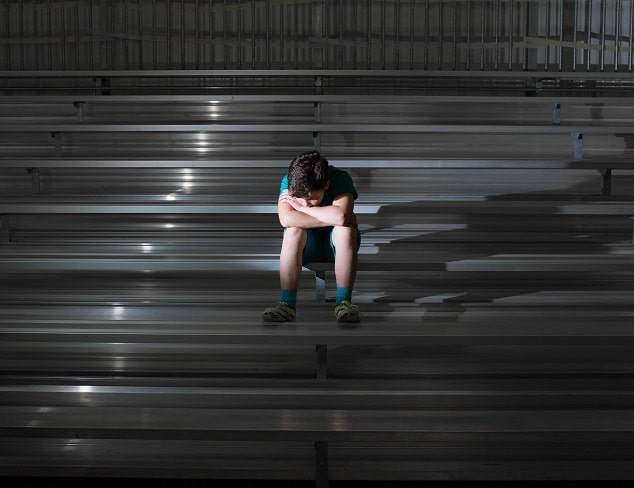
Suicide rates among Native American youth and young adults are 1.5 times higher than the national average according to the latest statistics from Centers for Disease Control and Prevention. Within this age group, Native Americans experienced the highest rate of suicide, at a staggering 21.2 percent. There was also a 50 perce6nt increase in mental health and substance abuse treatment among Native youth in the last five years.
With these burdening statistics in mind, Citizen Potawatomi Nation secured funding from the Substance Abuse and Mental Health Services Administration to combat this problem. SAMHSA’s Native Connections grant program aims to reduce suicidal behavior and substance use and promote mental health among Native youth.
“So much of the time in behavioral health we are treating individuals who may have had success with reducing or preventing mental health and substance use disorder altogether if prevention services were available,” CPN Behavioral Health Coordinator Dr. Glenna Stumblingbear-Riddle, said. “We know that prevention works and early screening and prevention services are crucial. Now that we have the Native Connections grant we can build a stronger Native youth prevention program by offering more services and programs that will make a positive impact on the lives of these youth and their families.”
Native Connections is a five-year cooperative agreement that helps American Indian and Alaska Native communities identify and address the behavioral health needs of tribal youth. The program supports grantees in reducing suicidal behavior and substance use among Native youth up to age 24, easing the impacts of substance use, mental illness and trauma in tribal communities and supporting youth as they transition into adulthood. This project will serve tribal youth in CPN’s five-county health service area in central Oklahoma.
“Suicide is a preventable death when individuals can access the help they need and individuals can detect when someone is in need of services,” Dr. Stumblingbear-Riddle said. “This grant will allow us more capacity to reduce suicidal behavior and help youth and their families obtain the resources they need. The youth are our future and this grant will help reach many in need of varying levels of services.”
CPN was granted nearly $750,000 to be distributed over a period of five years. The first year will include a community assessment of mental health needs and the formation of a community connections advisory board. There will be higher patient service goals established for the remaining four years of the program as well. The proposal submitted to SAMHSA aims to serve at least 5,000 tribal youth through the duration of the project.
The funding fills an important gap at CPN. Although the tribal youth program is in place for 11-17 year-olds, there is little support for those 18-24 years old.
“We are excited to offer more culturally-informed, trauma-informed, strengths-based and evidence-based programming to achieve the goal of promoting mental health, reducing substance use and suicide and easing the negative impact of trauma,” Dr. Stumblingbear-Riddle said. “We will also offer programs that support a successful transition into adulthood as it is often the case there is a gap there. We are thankful and excited for all the opportunities that the SAMHSA Native Connections Grant will help us achieve in our community.”
In addition to the SAMHSA Native Connections grant, CPN Behavioral Health Services also secured more than $170,000 in federal funding for the 2016 Methamphetamine and Suicide Prevention Imitative Competing Supplement Project. The overall goal of the project is to add behavioral health staff who will operate a tribal youth behavioral health counseling program in conjunction with the CPN Tribal Youth Program.
This project will employ a psychologist and master’s level counselor to provide individual, family and group counseling sessions, individualized and active case management and targeted behavioral health training sessions for CPN Tribal Youth Program employees.
“Often youth in need of services aren’t able to obtain them because parents may not be able to bring them to a behavioral health appointment during work hours when our offices are open,” Dr. Stumblingbear-Riddle said. “This is a great opportunity for professionals at this level to assist our youth with screenings and treatment when needed. We are going to make a big impact.”
For more information about these new programs, please contact the CPN Behavioral Health Services at (405) 214-5101.
